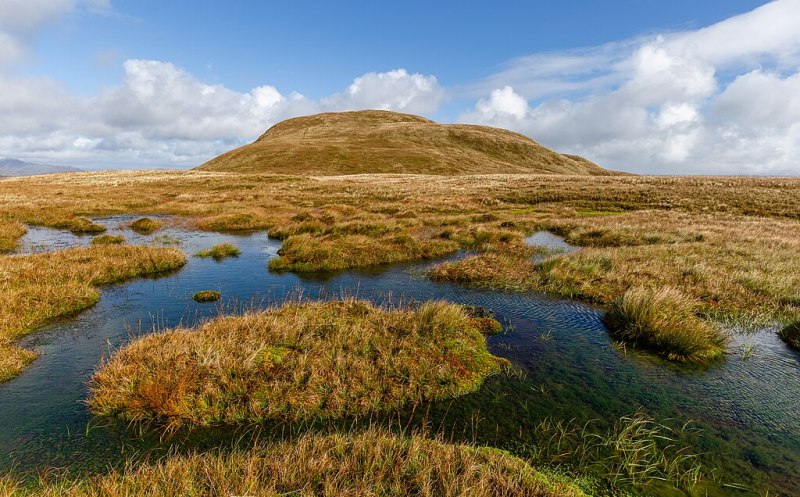Want to get the ThinkLandscape digest in your inbox? Sign up here.
If humans are to one day go extinct, most experts agree that it’ll probably be our own doing. But what if our biggest threat isn’t the climate crisis or nuclear war, but infertility?
In this month’s headlines, we look at how microplastics could be linked to declining sperm counts, how much carbon it would take to rebuild Gaza, and why it might be the beginning of the end for carbon offsets.
This month on ThinkLandscape
Is our forgotten climate hero turning into a climate villain? Here are six things we learned about peatlands at GLF Peatlands 2024 last week.
In case you missed it, the full conference is available to stream on demand until 30 June. Be sure to also check out our top 10 reads on peatlands and test your knowledge.
More than 600,000 people have been left homeless by floods in Brazil. Here’s what we can learn from the disaster – and why ‘loss and damage’ is no longer enough.
South America is also grappling with its worst-ever dengue fever outbreak. Here’s why.
A new train line is shuttling tourists between some of Mexico’s top attractions, but not everyone is happy.
What are boreal forests, and how can we protect them? Discover the vast biomes of the north in our latest explainer.
Don’t turn a blind eye to light pollution: here’s the case for dimming the bright lights around us.
What we’re reading

People
Are microplastics making us infertile? Two recent studies have found them in every human testicle and every semen sample.
Chemical pollution has already been linked with falling sperm counts. Now, a ‘forever chemical’ known as TFA is increasingly being found in our water and blood.
We now know the climate cost of rebuilding Gaza: about 60 million tons of carbon dioxide equivalent, or roughly the annual emissions of Sweden.
A planet-friendly diet is good for you: here’s how you can reduce the risk of premature death by almost a third while also lowering your carbon footprint.
Meet the women defending the world’s third-largest rainforest – defying gender norms in Indonesia’s most conservative province.

Planet
Here’s why you shouldn’t flush medicine down the toilet: fish, birds and other wildlife are becoming addicted to our drugs.
Can we prevent the next pandemic? Not without tackling biodiversity loss, which is the leading cause of infectious disease outbreaks.
And yet, half of the world’s mangroves are currently at risk of collapse due to our mismanagement.
Bird flu is spreading to cows and other mammals. Is the migration of wild birds to blame, or rather our demand for farmed meat?

Climate
Want to hear some good news? Look away now.
As more records are smashed, our planet is teetering on the brink of 1.5 degrees, fueling heatwaves in India and the Philippines and unprecedented rainfall in the U.K. and Ireland.
Antarctica’s ‘Doomsday Glacier’ is melting faster than expected due to seawater. Could it soon reach a tipping point?
Fires in Brazil’s Pantanal wetlands have increased tenfold this year, and the climate crisis could even be making inflight turbulence turn deadly.

Business
The Bezos Earth Fund has won numerous accolades for funding climate and biodiversity research, but is it really just buying people off?
These eight people all survived harrowing climate disasters. Now, they’re launching a criminal case against the executives of oil and gas firm Total.
Are carbon offsets reaching the end of the road? Their market value dropped by 61 percent last year.
Scotland could drastically reduce its emissions by restoring peatlands – if only investors were interested.

Policy
As the world’s biggest election year continues, here’s what the polls in the EU, Mexico and India could mean for the climate.
Climate finance will be high on the agenda at this year’s COP29 climate summit – that is, if host Azerbaijan acts more responsibly than the U.A.E, which used COP28 to strike new oil deals.
The OECD wants to end private financing for coal, but some of its members are also profiting from lending money to the Global South for climate adaptation.
Nine small island states have won a landmark case at the International Tribunal for the Law of the Sea. Now, all 169 signatories will be required to do more to protect the ocean from the climate crisis.
The post Meth-addicted fish, menacing microplastics and… the end of carbon offsets? appeared first on #ThinkLandscape.




